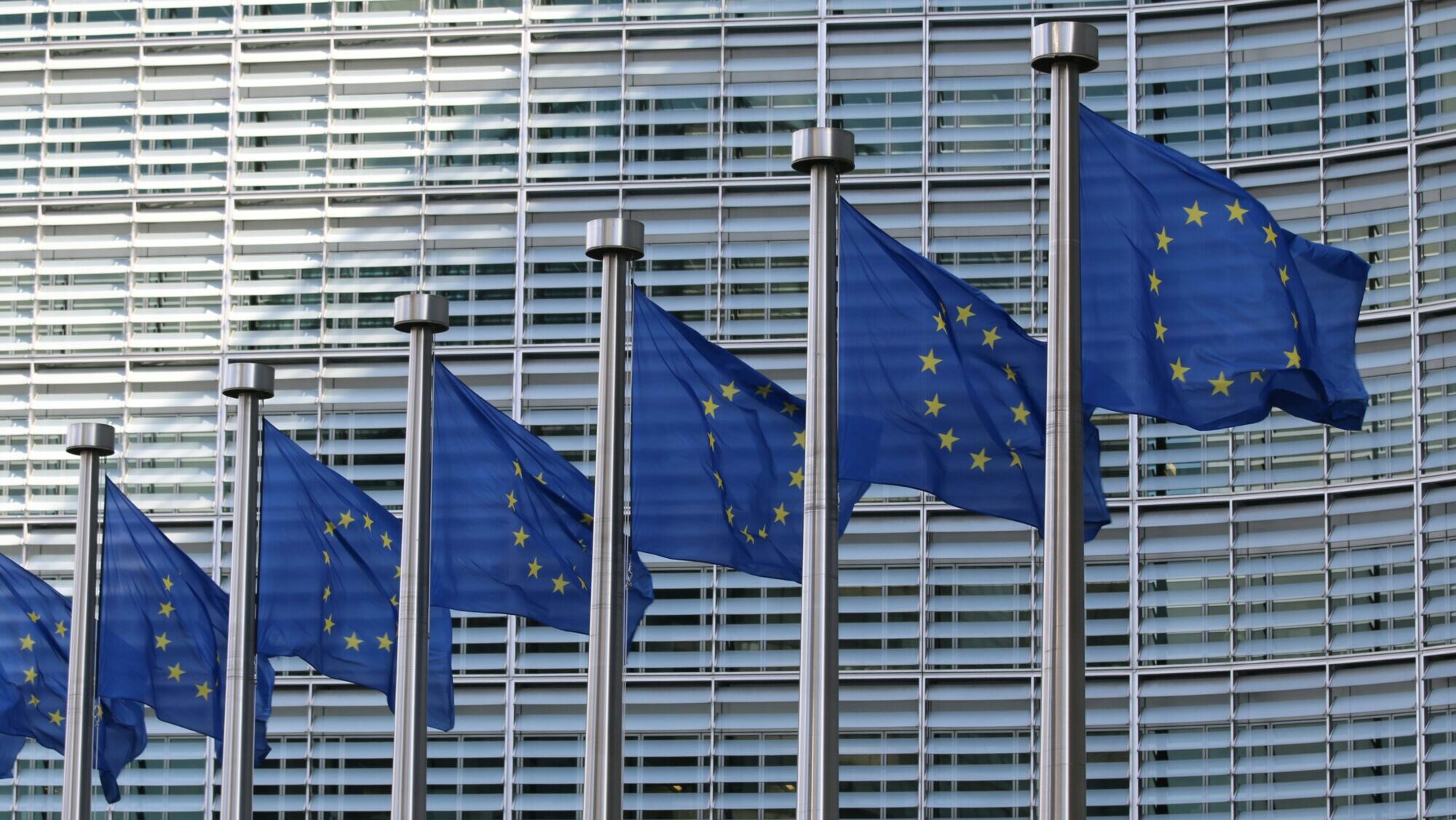
Photo: Guillaume Périgois en Unsplash
With the war still raging in Ukraine, Western powers seek to open another battlefront—this time in the courts—with the establishment of a special tribunal to prosecute the crime of aggression. This move aims to force Russia to the negotiating table under the weight of overwhelming legal charges.
On Tuesday, February 4th, the legal groundwork was laid in Brussels for creating a Special Tribunal for the Crime of Aggression against Ukraine. This tribunal would target the highest political and military leaders responsible for Moscow’s war against Kyiv, a conflict nearing its third year with no clear resolution in sight and with slow but decisive advances by the Russian army despite heavy casualties.
Unlike the International Criminal Court (ICC), which prosecutes war crimes, crimes against humanity, and genocide, this new tribunal would focus specifically on the crime of aggression. Crucially, Brussels hopes to circumvent the need for Russian participation—something impossible under current conditions—by structuring the tribunal to allow prosecutions to proceed despite Moscow’s absence.
“When Russia sent its tanks across Ukraine’s border, violating the UN Charter, it committed one of the gravest offenses: the crime of aggression. Now, justice is advancing,” proclaimed European Commission President Ursula von der Leyen. This step fulfills a key part of the initiative first proposed by Ukrainian President Volodymyr Zelensky in July 2022.
The draft legal framework, already dubbed the “Schuman Statute,” establishes the legal definition of aggression and the procedural steps required to bring future cases. Legal experts have developed it from the EU, the human rights monitor Council of Europe, and nearly 40 countries over 13 rounds of negotiations since 2023, culminating in the agreement in Brussels.
Political consensus is still required to finalize the decision and adopt legal instruments establishing the tribunal’s jurisdiction, location, and funding. These next steps fall under the purview of the Council of Europe, which is expected to host the next round of talks in Strasbourg in March. Negotiators view the tribunal as another key pressure mechanism against Moscow.
U.S. officials have also been involved in shaping the project, although the stance of Donald Trump’s new administration regarding Ukraine and Russia remains uncertain. “This is a historic step toward justice in an unjust war and a testament to our unwavering support for Ukraine,” declared European Commissioner for Democracy, Justice, and Rule of Law Michael McGrath in a press briefing.
“The message this tribunal sends is that no one in Russia is untouchable,” added EU High Representative for Foreign Affairs Kaja Kallas.
Alain Berset, Secretary-General of the Council of Europe, echoed this sentiment: “This is important not just for Ukraine but for the kind of world we want to live in—one governed by law, peace, and accountability, rather than force, violence, and impunity.”
However, the creation of a tribunal explicitly for Russia raises critical questions. While the West seeks to uphold international law, this effort appears notably selective. Many conflicts and invasions in recent decades have not led to the establishment of special courts.
The precedent being set raises uncomfortable comparisons: Why is this tribunal being fast-tracked at Kyiv’s request when similar demands have been ignored in other theaters of war? The tribunal’s specificity risks appearing more as a geopolitical instrument than an application of international law.
